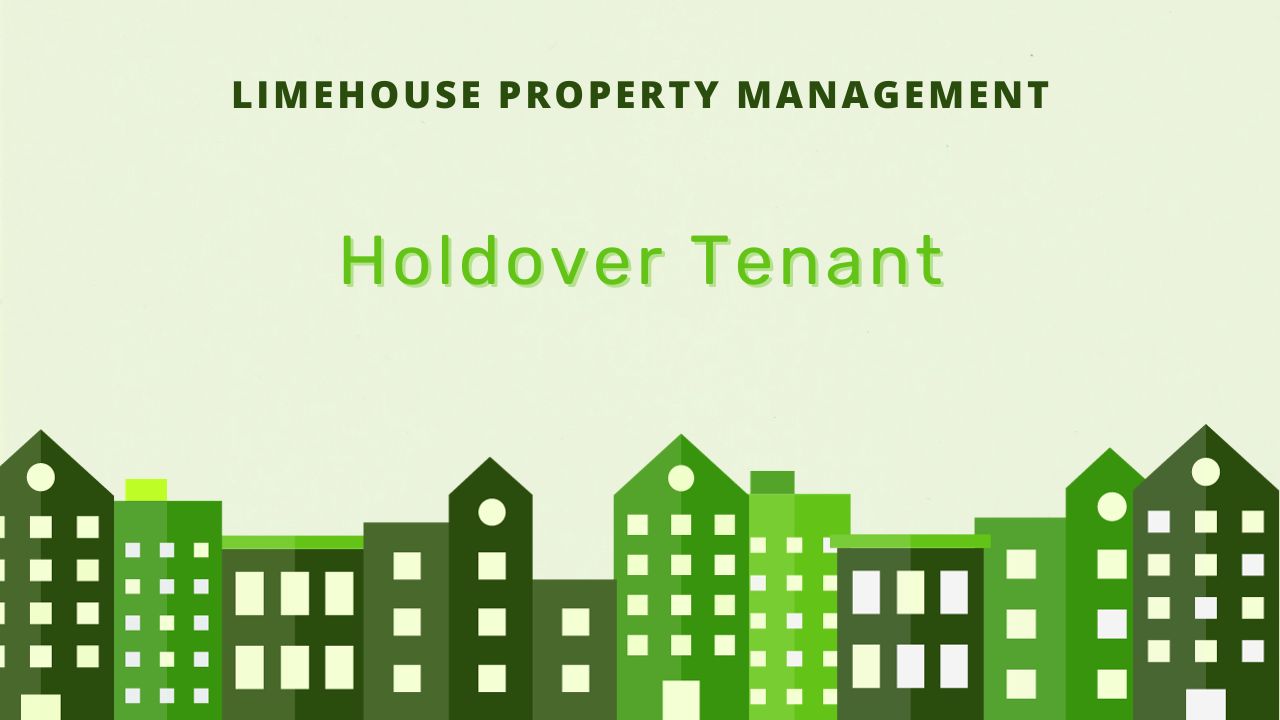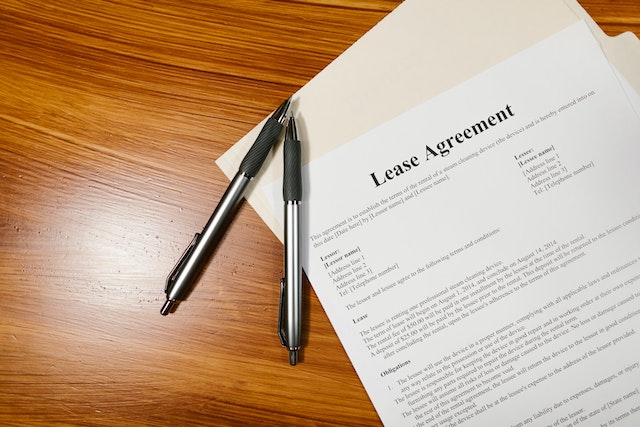Holdover Tenant

Have you ever found yourself scratching your head when a tenant doesn’t vacate after their lease ends? If so, you’ve probably encountered what’s known as a holdover tenant.
For landlords, navigating the complexities of holdover tenancy can be a daunting task. That’s why we’ve put together this article with you in mind; it offers a comprehensive guide on everything from understanding your legal rights to effective management strategies.
By the end, you’ll be well-equipped to handle such scenarios with confidence and poise. Let’s dive into the world of holdover tenancy and ensure you’re always a step ahead in your rental game!
What Is a Holdover Tenant?
A holdover tenant is one who continues to occupy a rental property after their lease expires, without the landlord’s explicit consent. Essentially, they “hold over” past the agreed-upon move-out date, creating a unique legal situation.
Depending on local laws and how the landlord responds, this could lead to various outcomes, including the establishment of a month-to-month tenancy, eviction, or even the negotiation of a new lease.
It’s important for landlords to be well-versed in their rights and responsibilities when faced with a holdover tenant, as the appropriate course of action often hinges on jurisdiction-specific regulations.
Addressing Holdover Tenants: A Comprehensive Guide for Landlords

When a tenant stays longer than their lease stipulates, landlords have two main choices:
- Make a New Lease: If the tenant has been a respectful and responsible one, and you’d like for them to stay on the property, you can create a new lease. This could be a month-to-month lease, or an agreement for a longer period of time. When drafted and agreed upon, both you and the tenant should sign the new lease.
- Tell Them to Go: If you feel it’s best for the tenant to leave, you can stop accepting their rent and begin the legal eviction process. This might be the best choice if you already have a new tenant ready to come in.
Remember: Always follow the law when asking a tenant to leave. It may be a good idea to talk to a lawyer to ensure you’re remaining legally compliant and protecting yourself and your investment.
How to Prevent Holdover Tenants
Landlords know all too well the challenges that can come with tenants overstaying their welcome. So, how can you prevent this situation from happening in the first place? Let’s look at some straightforward and proactive steps:
Draft Clear Lease Agreements
Make sure the lease or rental agreement is very clear about when it ends and how to proceed if someone wants to extend it. Being clear from the start helps avoid confusion later on.

Talk with Your Tenants
A couple of months before the lease comes to its stipulated end, have a chat with your tenant and ask them about their plans. This gives both of you a chance to plan and prevents last-minute surprises.
Offer Benefits for Early Renewal
Think about offering tenants incentives to renew their lease early, such as small discounts. This not only helps you retain good tenants but also lets you plan ahead.
Enforce Penalties for Late Decisions
Consider enforcing penalties who take too long to inform you of their plans. This could mean establishing a slightly higher rent for tenants who request to stay without a formal agreement, or other penalties included in the lease.
Be Clear about Security Deposits and Extra Fees
Let tenants know that if they stay longer than their lease agreement stipulates, they might lose their security deposit. You should also consider charging an extra fee for every day they overstay. However, it’s important to verify what Virginia landlord-tenant laws allow before enacting any significant policy changes.
Inspect the Property before the Lease Ends
About a month before the lease is due to end, visit the property with the tenant. This allows you both to see if there are any existing issues that need to be addressed, and reminds the tenant they’re expected to move out and leave the property in good condition.

Familiarize Yourself with the Eviction Process
Make sure you know how to legally ask someone to leave the property if they overstay their welcome. Sometimes, just acquiring and delivering an official eviction notice can make a tenant decide to vacate faster.
Provide Clear Move-Out Instructions
Give your tenant a clear list of what they need to do when moving out. This should include things like how to return keys, where to redirect their mail, and how to leave the property clean. This way, they won’t delay moving out because they’re not sure what to do.
Get Legal Advice
It’s recommended to talk to a lawyer who knows about property or rental law in your area. They can advise you on the best course of action and ensure you remain legally compliant at all times.
Remember, the key is to be proactive and always maintain clear communication. By taking these steps, you can reduce the chances of dealing with holdover tenants and ensure a smooth relationship with those renting your property.
Wrapping Up
Navigating the waters of holdover tenancy can be intricate, but understanding the basics can make the journey smoother. As a landlord, it’s essential to be proactive, communicate clearly, and keep up with any relevant state and federal legal regulations.
If managing tenants ever feels overwhelming, consider seeking the expertise of a trusted property management company, like Limehouse Property Management. We bring experience and professionalism, turning challenges into hassle-free experiences. Contact us today to learn more about our property management services!
